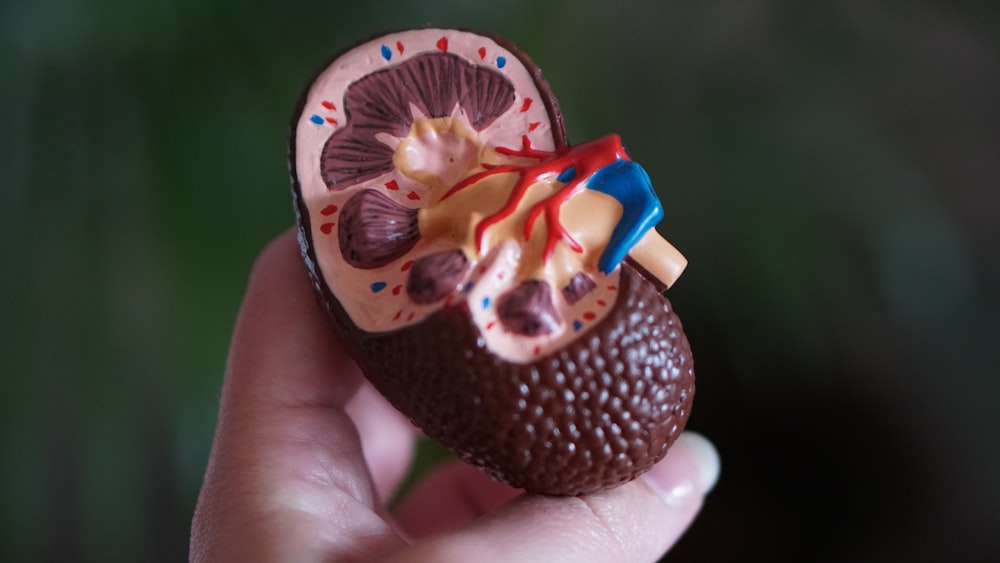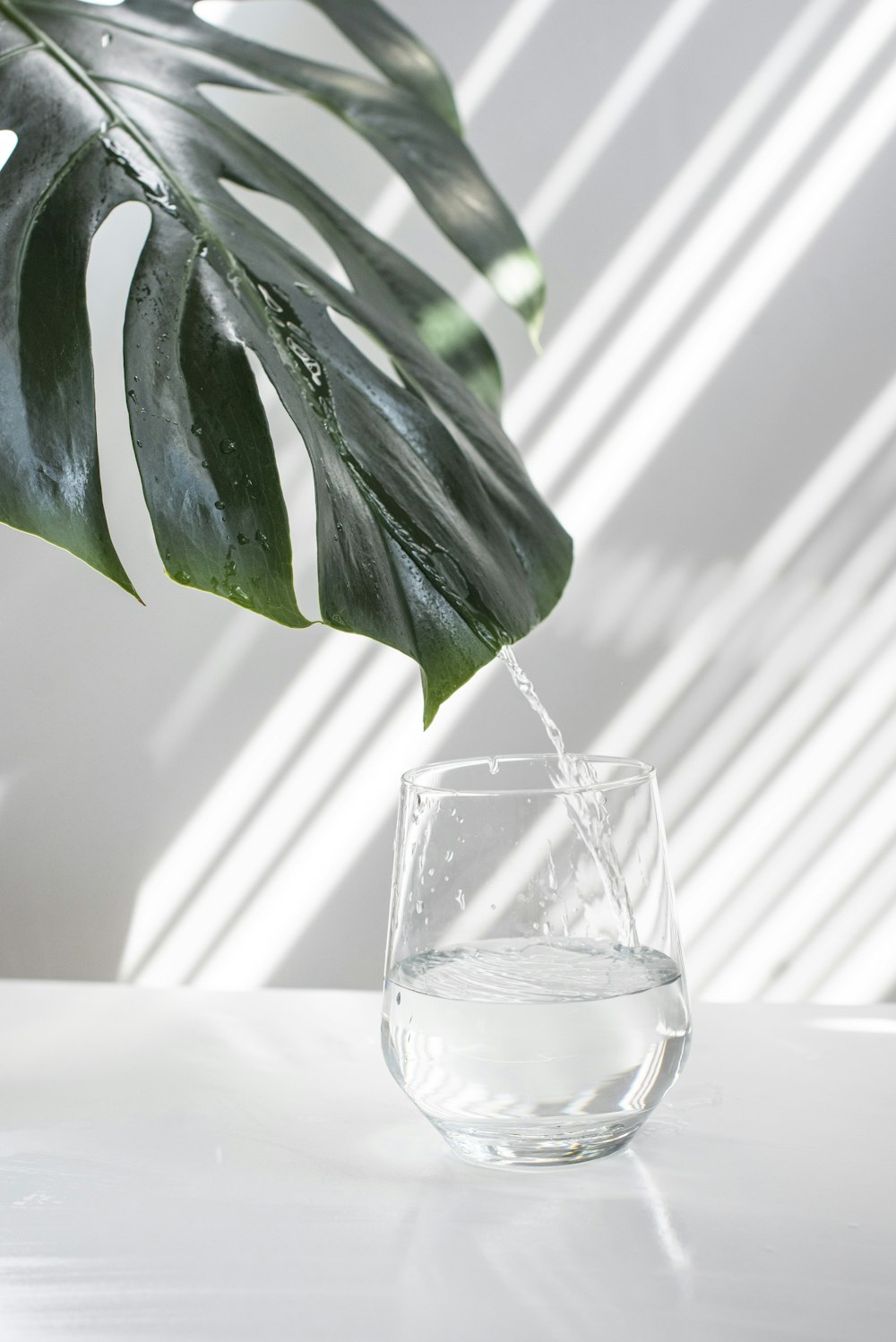Keeping your Kidneys Healthy

Kidneys come in twos. They’re shaped a lot like a kidney bean, and are about the size of a fist. If we’re healthy, we have two kidneys that are found on either side of the spine at the lower rib cage area. They serve our bodies in numerous ways. However, we only need one kidney to survive. Curious to know more about how your kidneys function and why we need to pay attention to them? If so, read on!
Your kidney health is crucial to your overall health. Inside the kidneys, there are millions of little nephrons responsible for so many functions. For example, they’re responsible for excreting waste from our body. This in and of itself makes them an absolutely essential part of our body health.
The kidneys need optimal functioning throughout our lives in order for us to age gracefully and remain free from chronic kidney disease. Lucky for us, there are so many ways to do so. All we need is the right information, so that we can take the appropriate steps to maintain kidney health now, and for the rest of our lives.
Your kidneys are responsible for various bodily functions. Kidney health equals overall body health, which means we need to take care of them. Your kidneys:
- Filter waste products from the bloodstream and make urine, filtering two quarts of fluids every twenty-four hours.
- Regulate your body’s fluids and create homeostasis
- Trigger the activation of vitamin D, which maintains health in so many ways, including the strength of our bones
- Keep the volume of minerals in the blood balanced, namely—salt, potassium, and acid (also known as PH)
- Regulate blood pressure levels by releasing a particular hormone
- Help create red blood cells by releasing a particular hormone which tells the body to make these red blood cells
- Remove toxins and drugs from our bodies

Eat a kidney-healthy diet
The following foods are excellent for kidney health.
- Apples
- Strawberries, raspberries, blueberries, blackberries
- Cranberries and pure cranberry juice
- Pineapples
- Cruciferous veggies like cauliflower and broccoli
- Egg whites
- Green beans
- Canned tuna
- Eggplant
Foods to eat in moderation
The following foods are healthy for those with healthy kidneys. However, if you happen to have kidney issues, or might be genetically prone to kidney disease, you’ll want to limit the following foods:
- Avocados
- Bananas
- Prunes and prune juice
- Raisins
- Tomatoes and all tomato products
- Oranges and orange juice
- Spinach
- Lentils and split peas
- White potatoes
- Sweet potatoes
- Chicken
- Beef
- Nuts
- Milk
- Pumpkin
- Dried apricots
- Brussels sprouts
Prevent kidney disease and keep your kidneys healthy by:
-
Staying hydrated
Water, the healthiest drink on the planet, benefits the kidneys by flushing toxins out of them. Therefore, staying hydrated is one of the best and simplest things you can do to keep your kidneys functioning properly over the long-term. You’ll want to drink the right amount of water—not too much, and not too little. Drinking the goldilocks amount of water looks something like this: drink half your body weight in water each day. If you’re in a hot climate and super active, drink more. If you’re not active, drink less. But, there’s no need to overdo it. Drink the amount that’s just right, when you’re thirsty, and enough that keeps your pee clear. Yellow urine means you’re not drinking enough water. Adhering to the good ol’ eight glasses a day is a good way to go.
-
Quitting smoking
Smoking is inherently bad for kidney health. Each time you smoke, you’re doing serious damage to the blood vessels in the body. And when you damage your blood vessels, you also damage your kidneys because blood winds up being sluggish, and moving much slower than it should through your entire body, including your kidneys. As you probably know, chronic smokers, just like those who are obese, are at greater risk for developing the more serious diseases that cause kidney damage. So, do what you can to kick the habit. It’s really important for kidney health, and the overall health of your body (and mind).
-
Reducing the amount of salt you eat
Consuming high amounts of salt is detrimental to kidney health. Why? Because when you eat too much salt, you disrupt the delicate balance of minerals within the bloodstream. When this happens, the kidneys have a more difficult time functioning the way they’re meant to. So, don’t overdo it with the salt. A sprinkling of sea salt is fine, but if you’re following a recipe that calls for a lot of salt, just cut the amount. And don’t buy salty prepackaged foods that you can easily snack on. Fake foods like potato chips and crackers should be eaten sparingly.
-
Keeping blood pressure levels balanced
Chronic high blood pressure is no good for your kidneys. In fact, high blood pressure can do some serious damage to your kidneys over the long term. And kidney damage is something we all want to avoid. So, keep tabs on your blood pressure. If you have a good reading (120/80), you’ve nothing to worry about. Keep doing whatever you’re doing. If, on the other hand, your blood pressure falls within an unhealthy range (consistently over 140/90), then high blood pressure could be a problem that needs attention. There are numerous ways to lower your blood pressure without taking pharmaceutical drugs. Avoiding stress is one of them, and one way I love to decrease blood pressure and stress simultaneously is by doing one of my favorite yoga poses—legs-up-the walk pose (a simple, beginner’s yoga move) to naturally lower high blood pressure.
-
Keeping blood sugar levels balanced
High blood sugar is a precursor to both diabetes and kidney damage. Luckily, we can control our blood sugar by eating the right diet. But, those who let things spiral out of control often develop type 2 diabetes, which leads to serious damaging of the kidneys. The reason for this has to do with blood sugar. When the body can’t properly handle and utilize the sugar circulating in the bloodstream, the kidneys must work overtime to filter out the sugar (fructose). When this happens over the long-term, the damage can be serious. Thus, keeping blood sugar levels healthy is a necessary step towards keeping your kidneys healthy.
-
Not taking too much over-the-counter medications (aspirin, ibuprofen, etc.)
These medications build up as toxins in the bloodstream over time. Then, the kidneys must filter them as waste products. The more waste, the more work the kidneys must do. Minimizing these drugs is a necessary step in the prevention of kidney issues
-
Only eating the following foods in minimal amounts:
Beets, sweet potatoes, chocolate, spinach, grapefruits, lemons, oranges, beef, pork, and chicken.
-
Exercising daily
Your kidneys need regular exercise just as much as your waistline does. If you’re overweight, or obese, you’re automatically at greater risk of developing kidney disease or kidney damage. This is because overweight or obese people are at greater risk of developing diseases that lead to kidney damage. Think heart disease, diabetes, and kidney disease. This is yet another reason to manage and maintain a healthy weight.
Regular exercise, in whatever form you choose, can help prevent kidney disease, while lowering your blood pressure levels. Lowering your blood pressure is something necessary for kidney health, as the two are interrelated. Find a form of exercise you love. You don’t have to be an endurance athlete to reap the benefits necessary for healthy kidneys. Just do it regularly, breathe deeply, and enjoy the art of movement.

Risk factors for kidney disease
These are the risk factors for kidney disease. If you check any of the following boxes, you’ll want to pay extra attention to your kidney health.
- You have diabetes
- You’re overweight or obese
- You have high blood pressure
- You have heart disease
- You have a family history of kidney disease or kidney failure
- You’ve had kidney stones
- You often have urinary tract infections
- You’ve used NSAIDS over a long-term period
- You have an autoimmune disorder
- You’re over the age of 60
Signs and symptoms of kidney issues
Because there are many things that can go wrong with the kidneys, there are many signs and symptoms of kidney problems. If you suspect you might have some kind of kidney issue, see if you have any of the following symptoms.
- You’ve noticed you’re having problems sleeping well
- Your skin has been itchy and dry lately
- You have to go to the bathroom more often than usual
- You don’t go to the bathroom as much as you used to
- You’re downright tired
- You’ve seen blood in your urine
- You’ve seen foam in your urine
- You’re having trouble concentrating these days
- You often experience muscle cramps
- You haven’t been as hungry lately as you normally are
- Your feet and/or ankles are swelling
- Your eyes are puffy
The 5 kidney diseases you want to prevent
-
Kidney stones
Kidney stones are far too common these days. But, they’re not natural. Kidney stones are formed by minerals and various substances that crystalize within the kidneys. These stones typically pass through the body via urine. In some cases they can be incredibly painful. Most people feel the pain in their lower back and sides. To prevent kidney stones, you’ll want to drink plenty of water, eat a whole-foods diet that’s nutrient dense. In some cases, kidney stones are genetic, and you’ll just have to deal with the discomfort when kidney stones come to pass.
-
Chronic kidney disease
When your kidneys have become overly damaged throughout the years, and aren’t able to function properly, kidney disease takes over. This form of kidney disease is the result of chronic high blood pressure. When you have high blood pressure over a long period of time, your kidneys can’t function properly because of the pressure put on the little filtering blood vessels known as glomeruli. The glomeruli then become damaged, and kidney function goes downhill from there.
-
Urinary tract infections
Characterized by a burning sensation when you pee, an increased frequency of urinating, and sometimes pain in the lower back, urinary tract infections happen when unwanted germs get into the urinary tract, negatively impacting the bladder.
-
Polycystic kidney disease
This disease is genetic. If you have it, you inherited it from a family member. Polycystic kidney disease is characterized by cysts that gradually grow larger over a long period of time. These cysts are detrimental to the kidney’s health as they often lead to more serious kidney issues, and even kidney failure.
-
Glomerulonephritis
Inside your kidneys are tiny filtering units known as glomeruli. When your glomeruli become inflamed, you’re prone to a disease called glomerulonephritis. It may come on seemingly out of the blue, or develop over a period of time. Glomerulonephritis can lead to kidney disease if unattended.
As you can see, your kidneys need just as much care and attention as any other organ in the body. And since, they’re all connected, you can do what’s best for all of them by maintaining a healthy lifestyle over the course of your lifetime. Prevention is always better than getting some painful disease, as it’s so much harder to treat than it is to prevent. Although, it can certainly be done! Do your best to take care of your kidneys now, so that problems don’t haunt you further down the line. You’ll be thankful you have the necessary knowledge now, rather than later. So, let’s raise a glass of water to your kidney health. They deserve all the love we can give them!

